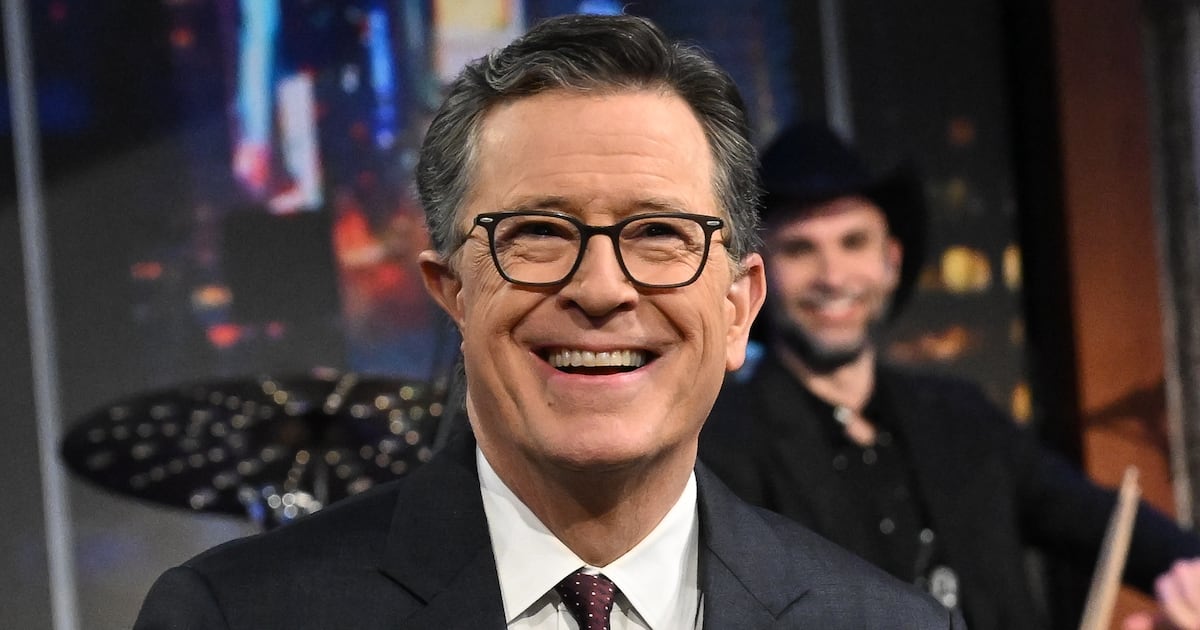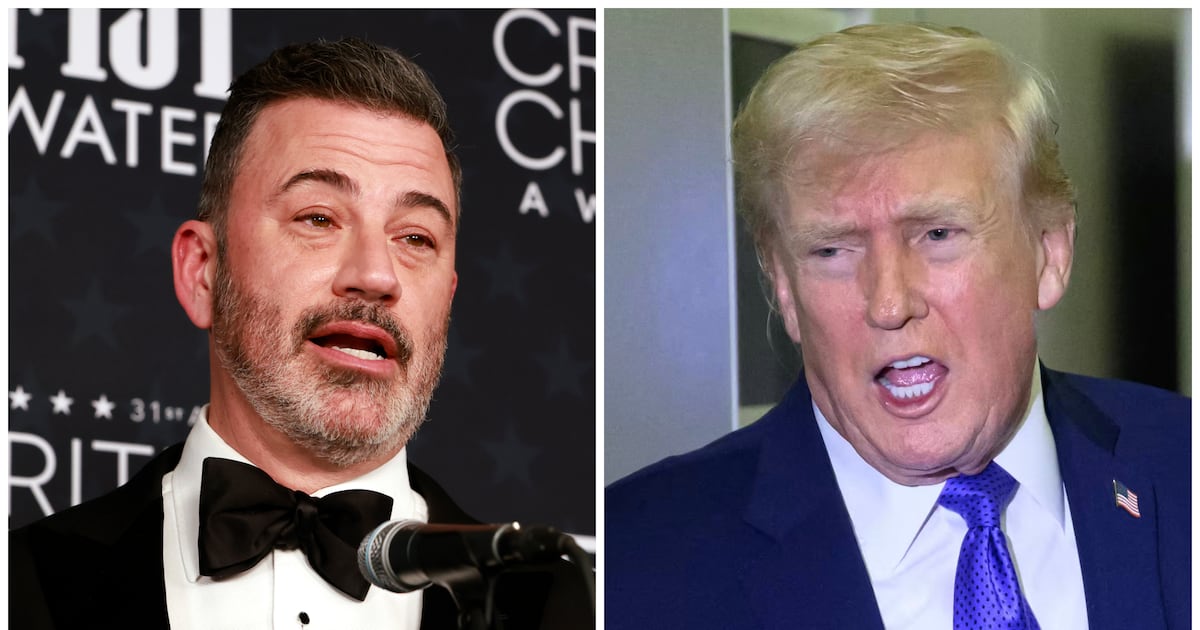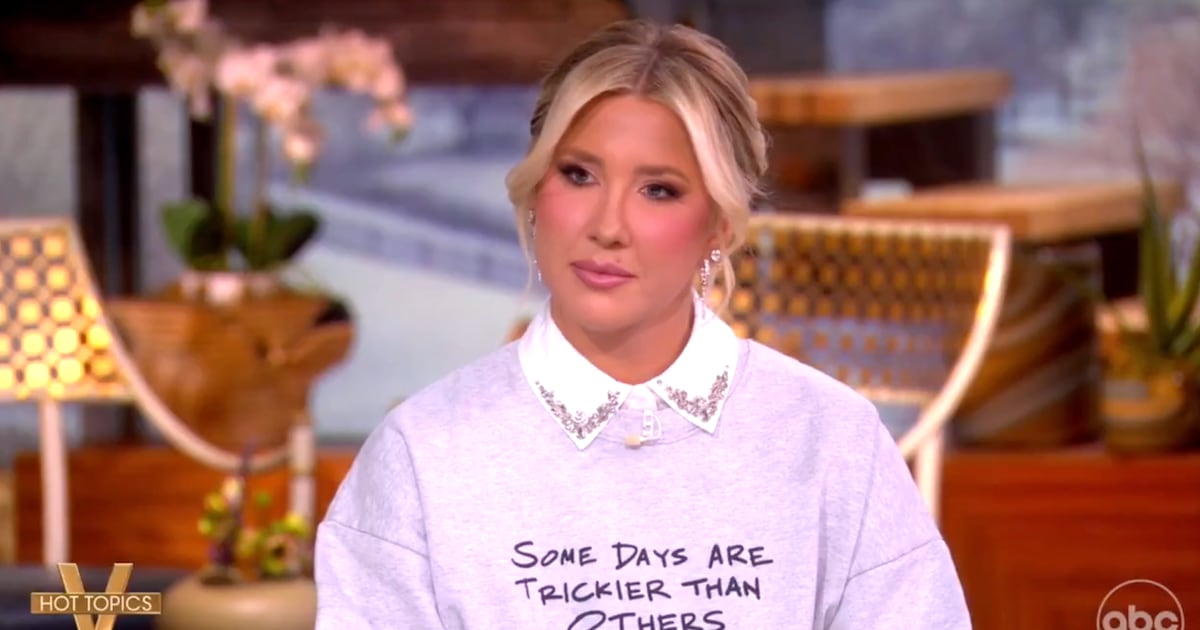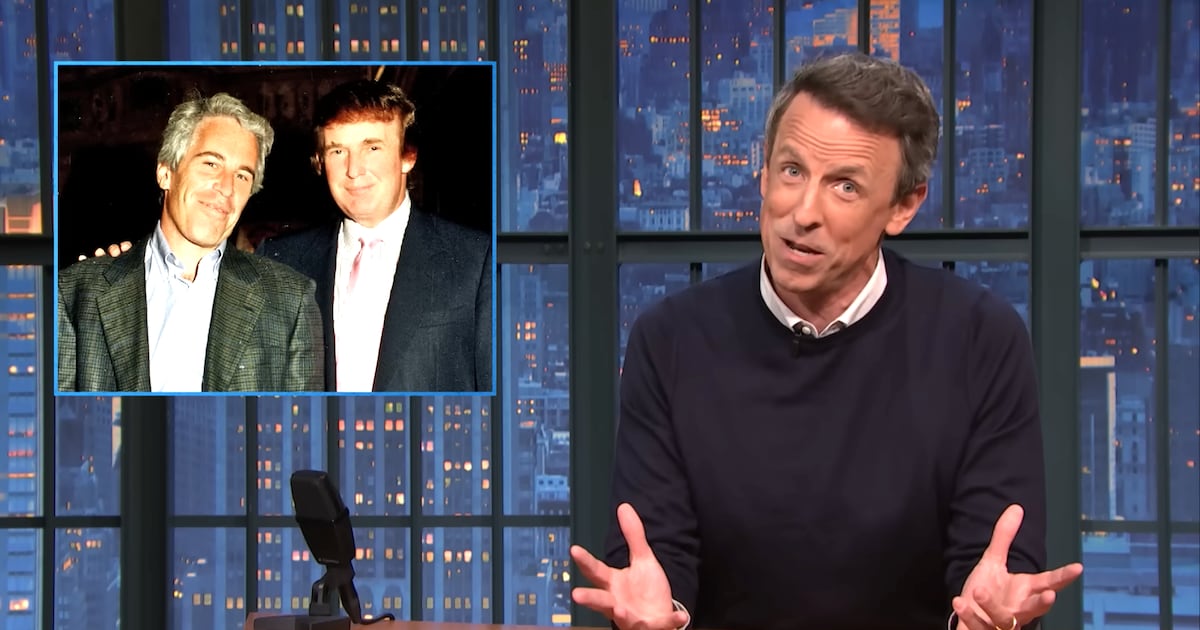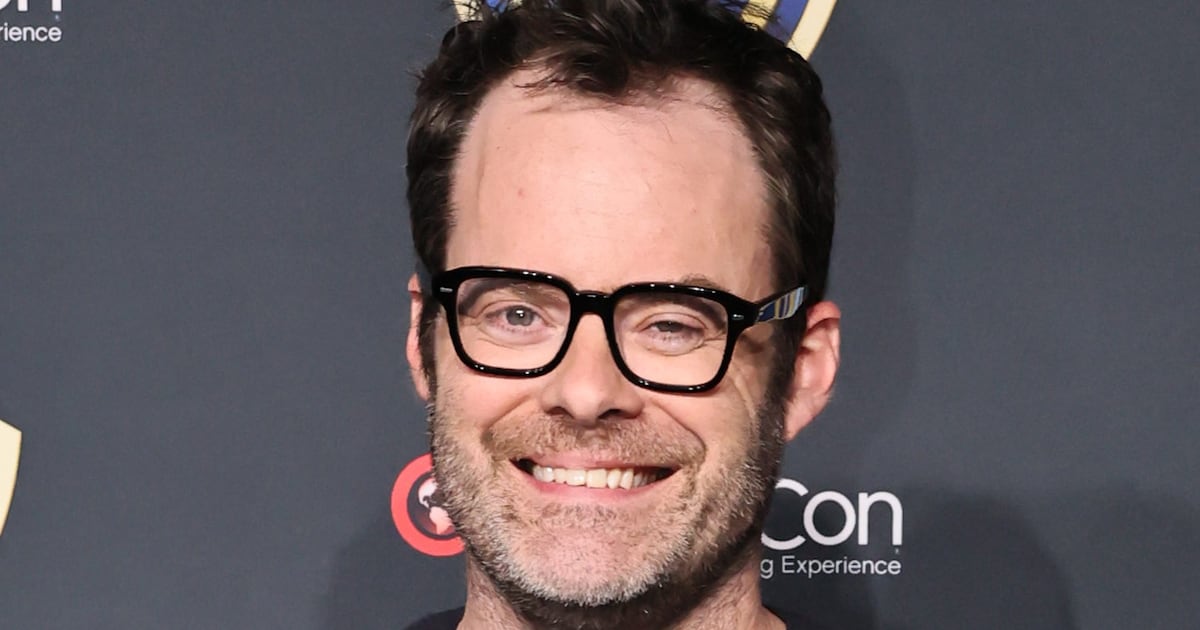Tom Hanks is known for being the world’s most popular everyman actor.
His leading performances in movies like Forrest Gump, Philadelphia, Saving Private Ryan, and Cast Away were so powerful because he created an umbilical cord between the movie and its audience. Thanks to Hanks’ warmth, charm, and relatability, viewers could picture themselves as his characters and, thus, could just as easily imagine overcoming the obstacles that Forrest, Andrew Beckett, Captain John H. Miller, and Chuck Noland had to endure.
I doubt that most people will find anything relatable—or redeemable—about Colonel Tom Parker, Hanks’ character in Elvis. While he helped Elvis Presley’s popularity explode across the country and then the world, so much so that he went on to become the highest-selling solo artist in musical history, Parker’s unethical management of the icon led him to pocket at least half of Elvis’ income over his career.
Elvis is unlike any movie that Hanks has been in before, too. Director Baz Luhrmann’s jukebox extravaganza is bizarre, laughable, and enthralling, often all at the same time. But while Austin Butler is destined to become a huge star thanks to his titular performance, it’s Hanks’ bloated but eye-catching Parker who symbolizes everything that’s right and wrong about the movie.

Colonel Tom Parker (Tom Hanks, left) and Elvis Presley (Austin Butler) chat about the crooner's career on a ferris wheel. It's one of many scenes in which Hanks forces us to endure his grating, vaguely Eastern European accent.
Warner Bros.Hanks’ fat suit, fake nose, and hybrid double chin/turkey neck as Parker are what moviegoers will probably notice first. Not only does he look like a cross between Gollum, a toad, and Mr. Burns from The Simpsons, but he acts like it, too, as he manipulates Elvis’ career and fortune all for his own benefit.
Most ghoulish about Hanks' portrayal of Parker is his voice. Parker was born in Breda in the Netherlands on June 26, 1909, and emigrated illegally to the United States when he was 20 years old. Hanks gives the character a vaguely European twang that constantly distracts from what he’s actually saying.
We hear plenty of that twang, too. Even though the film is a celebration of Presley’s music and talent, Elvis is told from Parker’s perspective. Hanks narrates the film in a voiceover so unsettling and Machiavellian that it sounds like a cartoon villain telling the world how he committed the perfect crime.
A lot of critics have criticized Hanks’ performance as Parker. It’s been called “creepy,” the “worst of his career,” and a “complete misstep.” He’s even been compared to Goldmember from Austin Powers..
But while all of these viewpoints might be valid, Hanks also deserves some praise for taking an erratic swing at a character that’s the antithesis of his typical roles. In fact, if he had played Parker in a more traditional and conventional manner, there’s a chance that Hanks would now be eyeing his next Oscar nomination. The Academy just can’t resist rewarding mainstream actors who transform themselves into real people, as Will Smith’s King Richard, Rami Malek’s Bohemian Rhapsody, and Gary Oldman’s Darkest Hour Oscar wins prove. Co-star Austin Butler, who plays Elvis himself, is instead basking in the praise all by himself.
With the two-time Best Actor winner turning 66 on July 9, Hanks has seemingly started to care a lot less about whether the roles he takes on are in keeping with the role that the world has perpetually cast him in, as Hollywood’s nicest guy. Instead, he now appears to be taking on only what’s most entertaining to him—whether or not critics or viewers will agree.
Why else would someone like Tom Hanks choose to debase himself in a thankless, villainous role like Colonel Tom Parker? As awful as both Hanks’ performance and Elvis overall turned out to be, he got to play around as a campy bad guy. If that didn’t lead to great acting, at least he probably had great fun.
Looking back, the signs of Hanks’ shift in priorities, towards passion projects rather than awards or acclaim, have actually been there for a few years.
In 2016, Sully was a big, typically Hanks-ian hit, but Hanks and wife Rita Wilson also found time to produce the very silly, mostly forgotten My Big Fat Greek Wedding 2. The following year ended with applause for his turn in Steven Spielberg’s The Post, but began with jeers for his movie The Circle. The Dave Eggers adaptation, starring Emma Watson, saw Hanks playing a coolly manipulative Silicon Valley-type villain.
After a quiet 2018 and just two (very familiar) roles in 2019—in Toy Story 4, the least essential entry in the Pixar franchise, and his well-regarded turn in A Beautiful Day in the Neighborhood—2020 marked a shift.
That year, he wrote and starred in the World War II submarine-action film Greyhound, a movie that had been in the works for nearly a decade. While not poorly received, it didn’t make much of an impact. The same goes for his other 2020 film, Western drama News of the World, and 2021’s dystopian tale Finch.
What Hanks gets the most press for lately are his self-deprecating or just plain weird appearances. His buzzy cameo in Borat Subsequent Moviefilm, which poked fun at his infamous COVID diagnosis, was considered one of the film's best cameos. (Borat spits on Tom Hanks, which the movie implies is what gives the actor COVID.) It was a surprising, bold moment for the actor, especially as we’re still figuring out how to joke about COVID.

Remember Finch? Of course you don't!
Amblin Entertainment/Apple, Inc.But most memorable was when, this past March, Hanks made a rare podcast appearance. He had a charming, informative, and refreshingly honest discussion about his professional failures on comedian Connor Ratliff’s show Dead Eyes. The premise of the podcast is especially self-effacing: Hanks allegedly fired Ratliff from the 2001 HBO miniseries Band Of Brothers for having “dead eyes.” Ratliff devoted the podcast to figuring out why—and ideally having Hanks on to explain himself. That Ratliff had landed his great white whale for the show was big news, because we’re not used to Hanks being a villain in someone else’s real-life story, nor owning up to it.
Hanks used this discussion to apologize to Ratliff. But even then, Hanks showed more edge than usual, as he said the crew member who told Ratliff about his “dead eyes” comment “should have their kneecaps broken.” Intense! This level of aggression may not have been a one-off, either: Just two weeks ago, Hanks once again defied his nice-guy image when he told a mob of fans to “back the fuck off” after they tripped his wife, Rita Wilson.
There are a few more chances for Hanks to shock, surprise, and even disgust viewers before the end of 2022, too.
In September, he’ll star as Geppetto in Robert Zemeckis’ live-action remake of Pinocchio. The film’s first trailer suggests that Hanks has gone very big and very bold with his performance, just like he did with Parker. He even appears to be channeling Lady Gaga and Jared Leto’s outlandish and borderline offensive Italian accents from House Of Gucci. Plus, last time that Zemeckis and Hanks teamed up for a movie, we got the very creepy Polar Express.
In A Man Called Otto, due out at Christmas, Hanks will play a misanthropic widower who judges everyone he sees. If that’s not uncharacteristically dark enough, in the 2015 Swedish film that it’s based on, Hanks’ character repeatedly tries to kill himself.
My dream is that Hanks continues to move toward extremes and abandon Mr. Nice Guy. He could take inspiration from Nicolas Cage and deliver a meta-take on his likability in the vein of The Unbearable Weight Of Massive Talent. Or Hanks could even follow Keanu Reeves’ or Liam Neeson’s route, and we’ll see him seeking revenge in his very own action film, à la John Wick or Taken.
Whatever happens, even when the misses are as bad as Hanks’ Parker in Elvis, it’s still exciting to see one of the most endearing actors of the last 40 years working without a safety net. Let’s hope that the naysayers don’t convince him to return to normal anytime soon.



